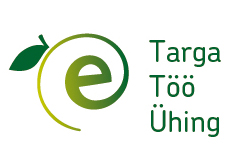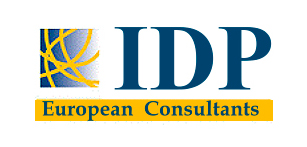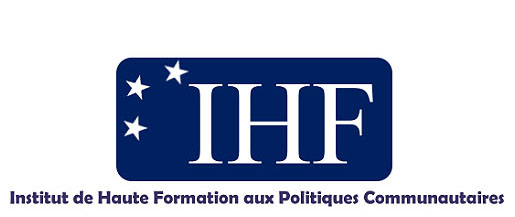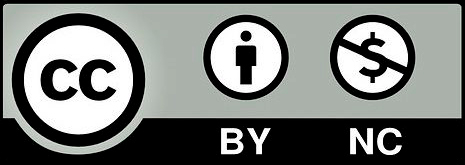
What began as a pilot to validate the FREELANCER training curriculum with 120 participants has grown into one of the project’s most remarkable achievements: by the end of the implementation phase, the FREELANCER partnership had reached almost 700 learners and trainers across Europe. This overwhelming response underscores both the relevance of the content and the urgent demand for structured, accessible training for freelancers in the evolving digital economy.
The piloting activity was carried out in all partner countries — Italy, Spain, Estonia, Croatia — through local testing events, online sessions, and blended workshops. Each participant explored the nine multilingual modules available on the FREELANCER Digital OER Platform, designed to build practical competences for self-employment, digital transformation, and entrepreneurial growth.
The feedback received from participants paints a clear picture: the FREELANCER training works. Learners praised its clarity, practical orientation, and balanced length, describing it as “easy to follow,” “up-to-date,” and “a useful tool for exploring new career paths.” Many appreciated the integration of theory and practice, which allowed them to immediately apply the knowledge gained through exercises, case studies, and reflection tasks.
From the trainers’ side, the response was equally positive. VET educators highlighted the user-friendly format, ready-made theory notes, and structured exercises that simplified implementation. Trainers described the materials as “interesting and very practical” and emphasized how well the content aligned with learners’ real-world needs.
Across all piloting sites, partners observed a strong engagement level, particularly among job-seekers and aspiring freelancers exploring new ways of working in post-pandemic contexts. The modular and open-access design of the training made it adaptable to different profiles, age groups, and educational backgrounds — from recent graduates to mid-career professionals looking to update their digital and business skills.
Beyond numbers, the piloting confirmed the impact and transferability of the FREELANCER model. The combination of research-based content, hands-on learning, and open access in five languages turned the curriculum into a flexible tool for individuals and institutions alike.
The successful validation phase positions FREELANCER as a benchmark for future VET initiatives in self-employment and digital skills training — a clear example of how European cooperation can make learning inclusive, scalable, and impactful.
🌐 Explore the full curriculum and results:
www.freelancer-training.eu/training.php

Freelancers are redefining Europe’s labour market — shaping innovation, flexibility, and creativity across sectors. Yet, their independence also demands a strong foundation of self-management, digital skills, and entrepreneurial resilience. To respond to these needs, the FREELANCER project — co-financed by the Erasmus+ Programme of the European Union — has developed a complete training curriculum, available in five languages and open access through the project’s Digital OER Platform.
The training is the culmination of the project’s European research and competence-mapping activities. It translates the findings of Work Package 2 into practical, learner-friendly modules that address the key skills and attitudes required for successful self-employment. Designed for freelancers, job-seekers, aspiring entrepreneurs, and VET professionals, the training provides concrete, scenario-based learning content anchored in real market realities.
Available at www.freelancer-training.eu/training.php, the FREELANCER training includes nine comprehensive units, each targeting a critical area of modern freelancing:
1. Time Management and Productivity
Learn how to prioritize tasks, plan efficiently, and maintain focus in a fast-paced digital work environment. This unit promotes discipline, adaptability, and self-organization — essential to every freelancer’s success.
2. Project Planning and Scheduling
Develop the ability to structure projects, set achievable goals, and manage activities strategically. Learners gain the tools to design workflows and deliver consistent, high-quality outcomes.
3. Personal Branding
Understand how to grow your business and scale up benefits through strategic visibility. This module helps freelancers build a strong brand identity that reflects authenticity, expertise, and long-term value.
4. Building Brand and Outreach of Clients
Go beyond visibility — learn to reach new clients, communicate effectively, and promote services confidently in both digital and offline environments.
5. Client Communication
Explore negotiation techniques, conflict resolution, and mutual understanding. Freelancers gain confidence in managing client relationships while maintaining professionalism and empathy.
6. Customer Service and Client Management
This unit focuses on loyalty and client retention — understanding customer expectations, delivering consistent value, and ensuring client satisfaction through reliability and ethical engagement.
7. Basics of Business Planning
Lay the foundation for sustainable self-employment. Learn how to structure a business model, define objectives, and create actionable plans for growth.
8. Financial Forecasting and Budgeting
Master the fundamentals of budgeting, cash flow management, and long-term financial planning. The module reinforces a sense of prudence and foresight — vital for maintaining stability in self-employment.
9. Developing a Freelancer Mindset & Self-Care
The closing units guide learners through the psychological and behavioural shift from employee to entrepreneur. They combine stress management, self-awareness, and resilience to help freelancers sustain their well-being and creativity in the long run.
The training combines knowledge, skills, and attitudes into an integrated learning pathway that reflects the European Competence Framework for lifelong learning. It embodies FREELANCER’s holistic approach — not only teaching freelancers what to do, but how to think, adapt, and thrive.
Freely accessible in English, Spanish, Italian, Estonian, and Croatian, the training aims to democratize access to professional development and strengthen the VET ecosystem’s responsiveness to emerging freelance trends.
🌐 Access the full training programme (open access, multilingual):
www.freelancer-training.eu/training.php

